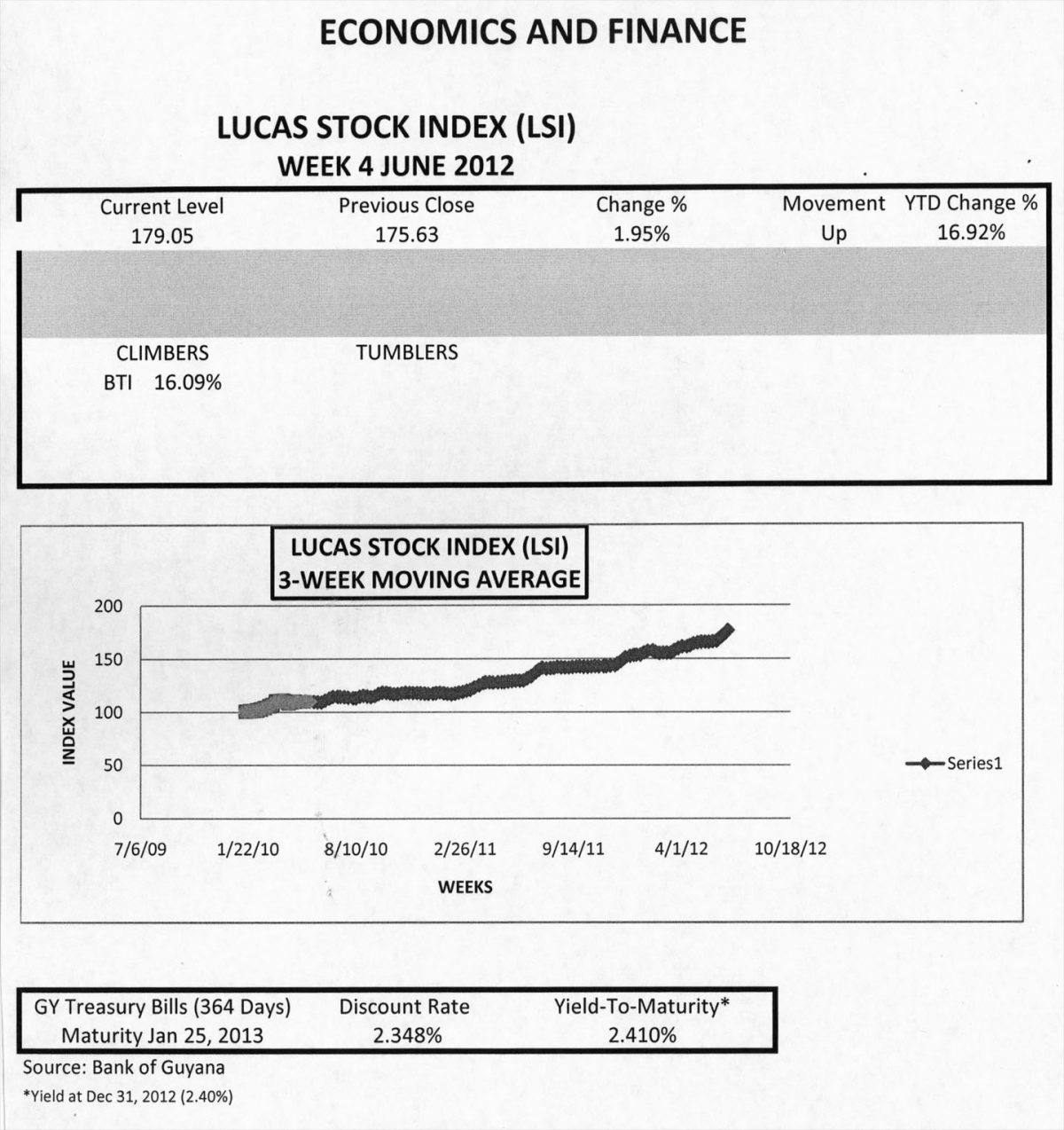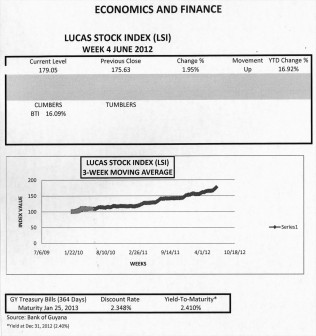Sincerity
Recent news reports indicated that the Public Accounts Committee (PAC) on Monday ended up approving staffing appointments and promotions of persons working in the office of the Auditor-General (AG). Among the persons reportedly promoted to a position of Director was the wife of the Minister of Finance. All reasonable Guyanese would accept the principle that any public servant who qualifies for a position ought to be permitted to work in that position once the person is capable of doing the job. That the Minister’s wife was promoted to a position of higher responsibility, it must be, in the judgement of the Acting AG, that the wife of the Minister was capable of doing the job. Under normal circumstances, no one should find fault with the judgement exercised by the AG. However, the situation is not normal and boils down to one of ethics that involves issues of integrity, objectivity and independence that ought to be demonstrated by persons working in the AG’s Office. The absence of any one of those characteristics from the personalities and work of the AG’s office could involve a conflict of interest. Such a breach of the public’s trust could also result in the waste of public resources since no one would be able to rely on the findings of the AG’s office. Further, it could possibly interfere with donor funding for government projects if the donors were to live by the rules and standards of their governing authorities.
LUCAS STOCK INDEX LSI
In week four of June 2012, the Lucas Stock Index (LSI) rose 1.94 per cent. The lift in the index was provided by the formidable performance of the stock of Guyana Bank for Trade and Industry (BTI) which recorded a 16 per cent gain in value. The three other stocks that traded, Banks DIH (DIH), Demerara Bank Limited (DBL) and Republic Bank Limited (RBL), recorded no gain in their trades this week. As a result, the LSI continues its upward movement and now exceeds the yield of the 364-day Treasury Bills by more than 14 percentage points.
Interference
Studies published on the subject of conflict of interest generally agree that a conflict of interest arises when one person is in a relationship with another that requires, in this instance, the first person to exercise judgement in the second person’s behalf. It also exists when the first person has a special interest that could interfere with the proper exercise of judgement in that relationship. For those who study the issue of conflict of interest, the words that matter are relationship, judgement and interest. Family interests are among the most common forms of conflict of interest, and are the easiest to spot and avoid. It is hardly worth arguing that the wife of the Minister is in a special relationship with him, and as a senior functionary in the Office of the AG, she would have a fiduciary duty to the public to exercise judgement over her husband’s work.
Compromising position
It is worth noting that with the vast responsibility of her husband, her influence, loyalty, concern and emotions for him can touch every aspect of the public’s domain. It is impossible to see how it would be easy to manage the obvious conflict of interest, even if the AG’s office were in a position to do so. As a person with a vested interest in the protection and welfare of her husband and, by inference, herself, there is hardly any decision that she could make that would not conflict with her fiduciary duty to the public. Her professional interests will constantly compete with her personal interests, thus rendering her judgement as an auditor highly questionable and unreliable. Many who have studied the issue of conflict of interest conclude that it is “one of the most important facilitators of corruption”. It is therefore surprising that the AG would seek to place himself and his staff in a position where they cannot be seen as fighting corruption.
Credibility
Even though much attention has been given to the wife of the Minister of Finance, and quite rightly so, the credibility of the Acting AG, hereon, is just as important. By his own actions, the Acting AG might have disqualified himself from holding the job, given the major concerns about corruption in the Guyana economy, and the widespread frustration with this behaviour. The consternation that has arisen over the split decision of the PAC, according to the Chairman of the Committee, stems from what seems to be a deliberate attempt by the AG to create a conflict of interest rather than trying to avoid it. All advice on ethics, including those from the standards setting bodies, is to avoid creating a conflict of interest or the appearance of conflict of interest. The Auditor-General and persons working in that office have available to them some standards and principles that they are expected to use in making decisions about appointments, audits and attest engagements. One such standard is the generally accepted government auditing standards (GAGAS) that are used in government audits and attestation engagements in the USA, and by those holding the certification of a public accountant. They also have available to them the ACCA Rulebook that contains the Code of Ethics and Conduct of persons who hold the professional qualification of the ACCA. These tools are available to the AG and his staff to avoid creating situations where the interests of the organization and that of its auditors could conflict.
Consciously
It is clear that the AG does not subscribe to the view that, “whenever a person has a conflict between their own interest and the interest of the organization, their interests will win out.” That the AG could consciously make a recommendation, knowing that he was creating a conflict of interest situation, raises questions about his own judgement and his ability to exercise independence while occupying the office of the AG. If he cannot be trusted to recognize the obvious problem that he has created with having the Minister’s wife as a person of influence in his office, it is likely that he could not be trusted to make good judgement of internal controls, including non-segregation of duties and other conflict situations of other organizations. From that act, the AG has disqualified himself from the job that he now occupies.
Equally important is the ability of the auditor to demonstrate objectivity in his or her decisions. As pointed out in the guidelines of the GAGAS, the credibility of auditing in the government sector is the ability of the auditor to carry out the job with objectivity. In GAGAS, objectivity is described as “… being independent in fact and appearance when providing audit and attestation engagements, maintaining an attitude of impartiality, having intellectual honesty, and being free of conflicts of interest.” The key point which has been missed by the AG is the impact that the lack of objectivity has on the credibility of his office in the eyes of the people who are supposed to benefit from the services of his office.
Cannot Use
The AG has also created a further problem according to GAGAS. In making a case for integrity, GAGAS notes that “public confidence in government is maintained and strengthened by auditors performing their professional responsibilities with integrity”. Integrity includes auditors conducting their work with an attitude that is objective, fact-based, and non-ideological. Within the constraints of applicable laws, the way the decision was reached in the PAC could hardly be regarded as non-ideological. With her personal interests and those of her husband to protect, the independence of the Minister’s wife is automatically impaired. With independence impaired, the proper thing would be for the AG’s office to eschew performing the audits of the government’s accounts. Under such circumstances, the public will end up paying twice for one service. And, if the AG’s office does the audit, the public will end up paying for something that it cannot use.
Another Problem
Another problem involving donors could arise from this situation. GAGAS standards about integrity, objectivity and independence are supposed to apply to entities that receive money from donors who adhere to those standards. It is quite possible therefore for some donor countries to be concerned about the clear conflicts of interest in the AG’s office. Should they stick to the letter and spirit of the GAGAS standards, it might be difficult for Guyana to receive funds going forward from donor countries that rely on GAGAS standards for confidence that their money is being properly spent. The AG has deliberately put Guyana between a rock and a hard place and should disqualify himself from the job.







